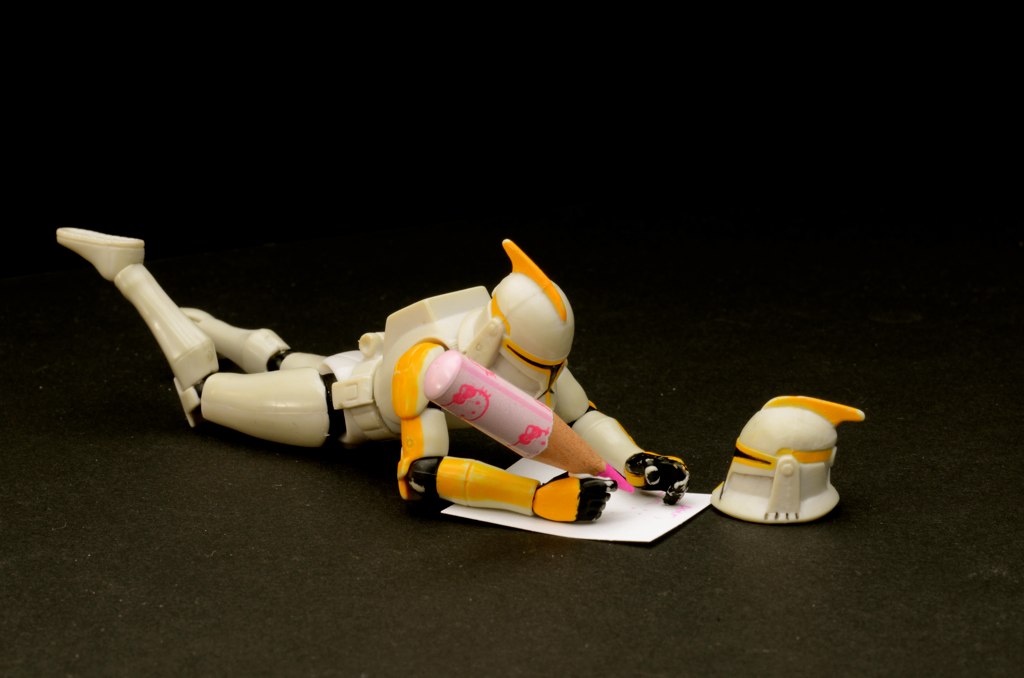Have a great idea for Analog Game Studies? We’d love to hear from you! After having a look around our site, checking out a few essays, and reading our About section, please read through the following guidelines (below) before emailing your piece to us at analoggamestudiesjournal@gmail.com. Submissions should include:
- Title (shorter is better)
- Abstract (300 words or less)
- 5-7 Keywords
- Author’s Name
- Author’s Affiliation (if available)
- Author’s Email
- Author’s Bio (150 words or less) and Photo
- Essays should be 4000 to 8000 words (including references)
- Use Chicago style footnotes for references and content notes
- 4-6 Illustrations or Images (by the Author, open license, royalty free)
After submitting your essay, one of our editors will contact you in a timely manner. If you are not sure your essay is a good fit for Analog Game Studies, email us with a brief pitch and sample. We strongly encourage people from underrepresented groups to apply.
Book Reviews
If you have an idea for a book review or would like to be assigned a book to review, contact analoggamestudiesjournal@gmail.com. Book reviews guidelines include:
- Academic, but accessible for an educated audience
- 750-1000 words
- focus on main ideas, key arguments, strengths
- be a generous reader
Special Issues
If you have an idea for a theme or special issue, see the special issue guidelines.

AGS Submission Guidelines
Thank you so much for considering submitting a piece to Analog Game Studies, the journal dedicated to academic and popular study of games containing a substantial analog component.
Before you submit to the journal, however, have you considered…
* … if your submission is of the appropriate length?
Our standard article is approximately 4000 to 8000 words long, and we’d like your piece to be about that length too.
* … if your piece has a strong argument?
Audiences tend to remember and cite essays with clear arguments supported by compelling evidence. Make sure yours has both.
* … if your piece advances broader discussions in the field?
Take a look at some other articles – both popular and academic – concerning the topic you’re discussing. Ensure that your point is in dialog with theirs, rather than ignoring or trying to overwrite the important insights and concessions of the other authors. Remember that if you want your work to be heard, it is best heard in conversation with other works.
* … if your piece offers us something new?
Given other discussions in the field, make sure that the point you’re making is something new, interesting and useful. We want to publish articles that are worth reading, i.e., only those articles that an author like you finds worth writing. Push yourself to innovate, and seek the boundaries of previous conversations.
* … who are three academics who would be directly interested in your post?
If you can’t name three, your post may not have an audience among scholars.
* … who are three game designers who would be directly interested in your post?
If you can’t name three, maybe you’re not reaching the designer segment of our audience. We’d like for you to reach both scholars AND designers, if possible. (Feel free to use other Analog Game Studies authors to answer either this or the above question.)
* … thinking beyond a role-playing game audience?
Let’s face it: most of our authors and audience are concerned with RPGs and, sure, we’ll give them what they want. But the title of our journal is “Analog Game Studies,” so your argument must have some broader “analog” applicability beyond your narrow field of interest, right? Without getting too ambitious, think about the ramifications of your argument for other sorts of games. Explain the concepts and games involved as if your audience were your grandmother, your English professor, and a board-gamer from your local gaming store.
* … what images the post should use?
Analog Game Studies requires about 5 images per post. The more good images you supply, the happier your editors are. What makes a good image? Well, we’re always looking for an openly licensed featured image that’s at least 1038×576 pixels large. More generally, 4-5 open-license, eye-catching images with all the necessary attribution that have to do with the content of your post are preferred. Check out creativecommons.org and flickr.com, for example, if you are looking for good search engines which allow to filter your search by license. Be sure to provide details about the original author of the image, too, when you submit your images, as attribution is an important part of the open license structure. This is also not to say that your editors won’t post your article unless you provide images, but that the process will run smoother with your input.
* … if you have a bio on the website?
If you’re a new post author, we’ll need a bit more information from you about yourself (as well as a headshot). Please look at the other bios and provide us with your own short one along with a picture of yourself. Good bios are brief and answer the reader’s question “Why should I care about what YOU have to say?”
* … the possibility that you might disagree with the editor’s decisions regarding the layout of your article?
Although we greatly value and appreciate active input from our authors, the editors ultimately have the final say on how an article will look on the website. We will take your advice into consideration, but Analog Game Studies is – at present – not a democracy, so as to expedite the whole process. We appreciate your cooperation and patience on this front!
AGS Generative AI Policy
AGS will not accept articles/figures/artwork/other materials that are AI generated. The use of generative AI for accessibility reasons (e.g. assistance in translation into English) will be reasonably accommodated and double-checked by authors/editors. AI generated or manipulated portions must be flagged with a content note and rationale.
